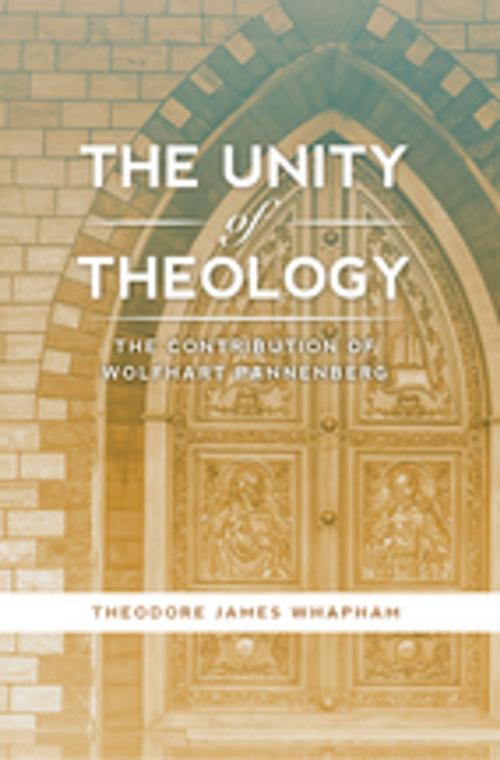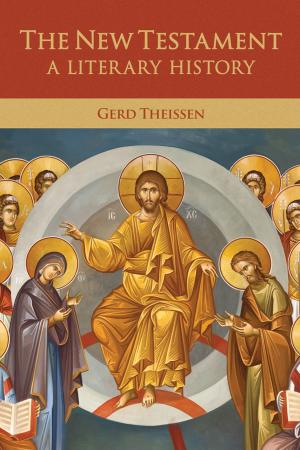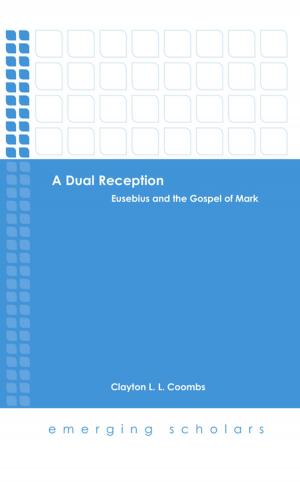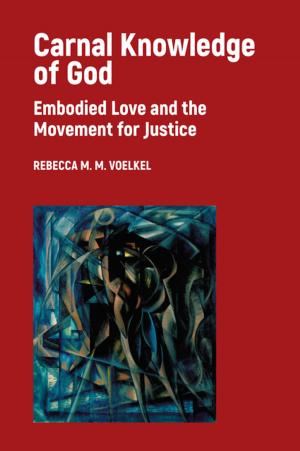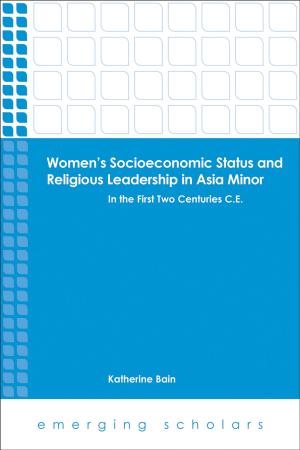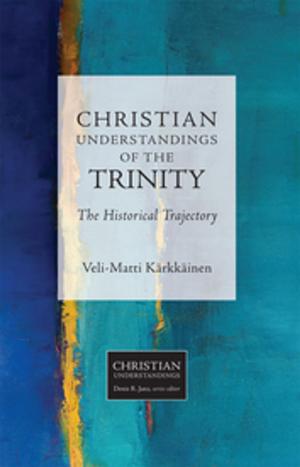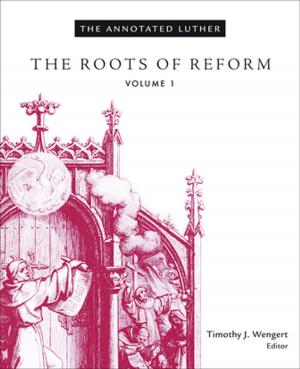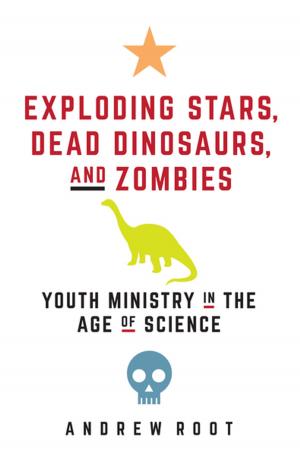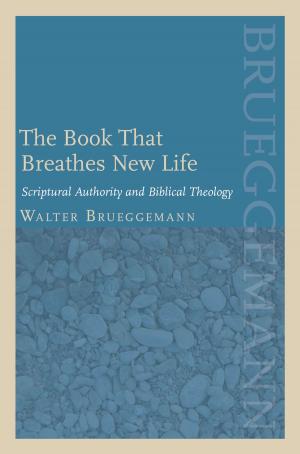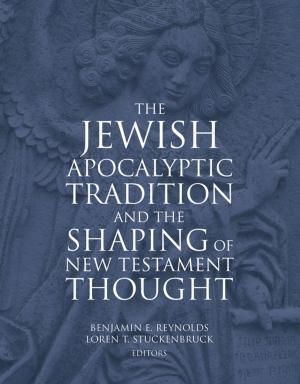The Unity of Theology
The Contribution of Wolfhart Pannenberg
Nonfiction, Religion & Spirituality, Theology, Christianity| Author: | Theodore James Whapham | ISBN: | 9781451472455 |
| Publisher: | Fortress Press | Publication: | November 1, 2017 |
| Imprint: | Fortress Press | Language: | English |
| Author: | Theodore James Whapham |
| ISBN: | 9781451472455 |
| Publisher: | Fortress Press |
| Publication: | November 1, 2017 |
| Imprint: | Fortress Press |
| Language: | English |
Wolfhart Pannenberg is one of the most important theologians of the second half of the twentieth century. This volume offers the first full historical and thematic survey of Pannenberg‘s corpus, from his early work on the theology of revelation and Christology, to his writings on anthropology, theology and the university, and the pivotal achievement of his systematic theology. In the process of this survey, it identifies the broad, consistent development in his work across his career, as well as several significant revisions to his positions. As such, the project makes a significant contribution to the theological assessment of his career and will be a useful text for students and scholars in modern and contemporary theology.
In addition to the historical survey of his career, The Unity of Theology identifies four key themes in Pannenberg‘s theological system and traces their development. These themes of anticipation, interdisciplinarity, public theology, and diversity in unity also help to further articulate the importance of his contribution to contemporary theological approaches in light of the challenges of post-modernity. Pannenberg‘s work is creative in its fidelity to the biblical witnesses and creative in its interaction with the key questions of the day.
Wolfhart Pannenberg is one of the most important theologians of the second half of the twentieth century. This volume offers the first full historical and thematic survey of Pannenberg‘s corpus, from his early work on the theology of revelation and Christology, to his writings on anthropology, theology and the university, and the pivotal achievement of his systematic theology. In the process of this survey, it identifies the broad, consistent development in his work across his career, as well as several significant revisions to his positions. As such, the project makes a significant contribution to the theological assessment of his career and will be a useful text for students and scholars in modern and contemporary theology.
In addition to the historical survey of his career, The Unity of Theology identifies four key themes in Pannenberg‘s theological system and traces their development. These themes of anticipation, interdisciplinarity, public theology, and diversity in unity also help to further articulate the importance of his contribution to contemporary theological approaches in light of the challenges of post-modernity. Pannenberg‘s work is creative in its fidelity to the biblical witnesses and creative in its interaction with the key questions of the day.
